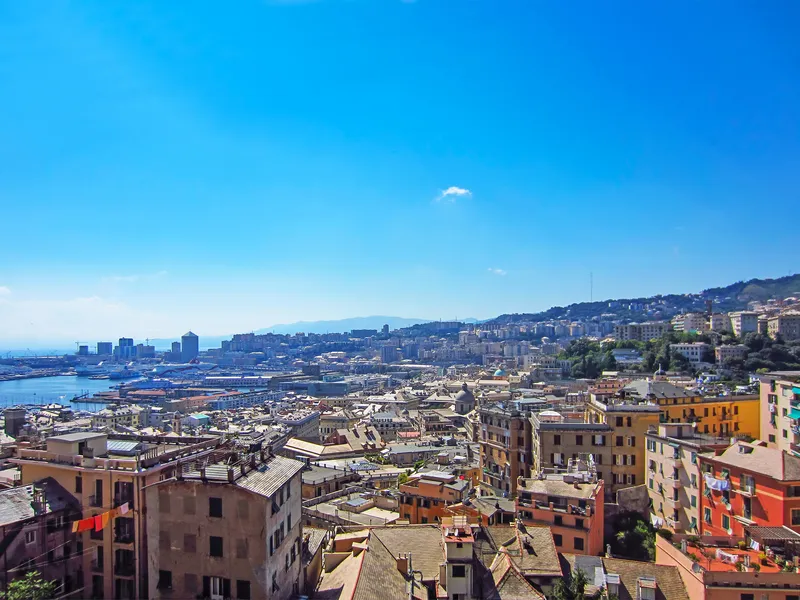
Authorities in Genoa have ordered a feasibility study around building a monorail to help transport passengers from the airport to major urban locations.
The proposal for a 2.3km monorail is part of a wider plan for expansion to Cristoforo Colombo Airport plus two stations at the summit of the Erzelli hill.
It would connect the future Erzelli rail station with the Technology Park.
The driverless monorail system, designed by the University of Genoa, consists of two or three cars with capacity for 4,000 passengers per hour in each direction.
The line will offer interchanges with existing national and local rail services at Erzelli-Airport station.
Design and engineering consultancy Italferr, part of the state railway authority Gruppo Ferrovie Dello Stato Italiane, is carrying out the feasibility study.









